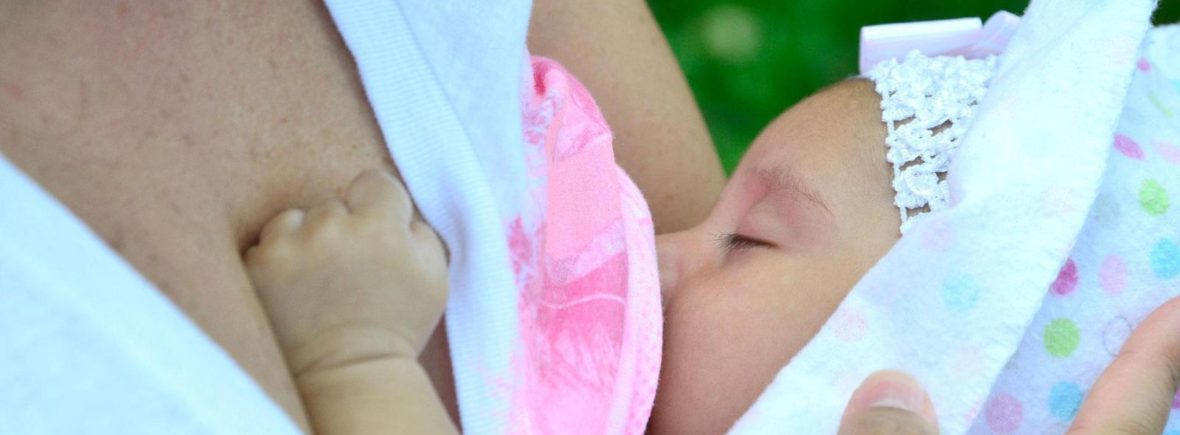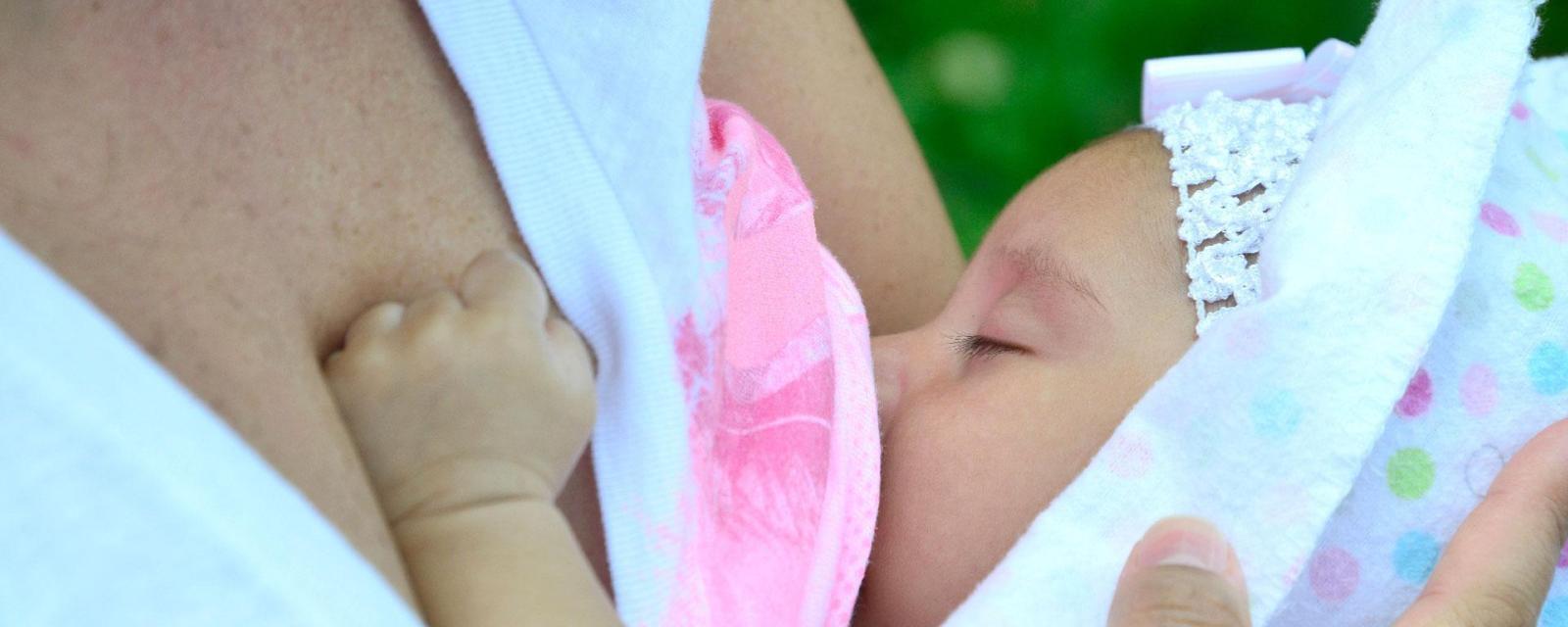Breastfeeding has many benefits, but some campaigners argue that health policies to encourage the practice could be placing potentially harmful pressures on mothers. Clare Wilson looks at what the evidence says.
By Clare Wilson
3 May 2017
As the birth of her first baby drew near, Suzanne Barston was determined to do everything right – including how she fed him. “I really wanted to breastfeed,” says the writer, who lives near Chicago. “I had gone to all the breastfeeding classes.”
But within a couple of days, it was clear her baby was unable to suck from the breast properly, so she began pumping her breastmilk and giving it from a bottle for every feed…
…As well as those who find it a mental struggle, some can’t physically make enough milk. Women are generally told this is rare – for instance, an NHS website says “almost all women are physically able to breastfeed”. But as many as one in seven new mums can’t make enough milk, according to one study by Marianne Neifert at St Lukes Hospital in Denver, Colorado.
Even outside of this group, most women find it takes several days after the birth before they start making much milk. In the meantime, some babies end up dehydrated or they develop jaundice, which is a side-effect of not getting enough milk and needs treatment in hospital. Sasha Howard, a paediatrician at Barts Health in London, has seen many cases of dehydration caused by exclusive breastfeeding. “Some babies need some formula from a bottle or a nasogastric tube. Some who are really unwell need an intravenous drip.” In some rare cases, dehydration has even led to brain damage and death…
Read more at BBC.com.


